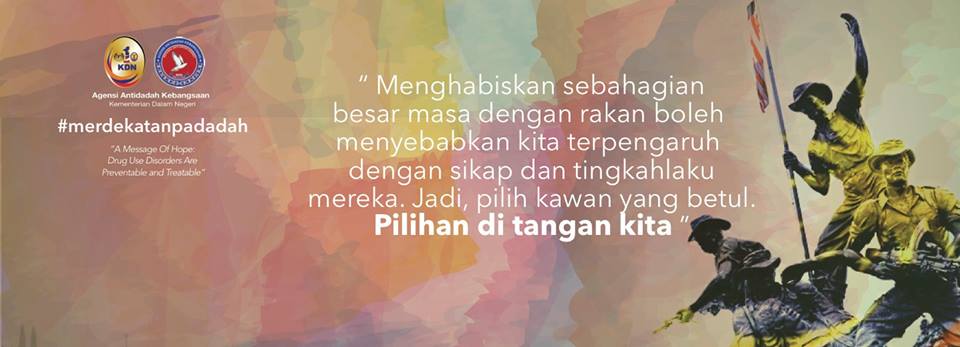Substance Use While Pregnant and Breastfeeding
Research shows that use of tobacco, alcohol, or illicit drugs or abuse of prescription drugs by pregnant women can have severe health consequences for infants. This is because many substances pass easily through the placenta, so substances that a pregnant woman takes also, to some degree, reach the baby (Neonatal abstinence syndrome, 2014). Recent research shows that smoking tobacco or marijuana, taking prescription pain relievers, or using illegal drugs during pregnancy is associated with double or even triple the risk of stillbirth (Tobacco, drug use in pregnancy, 2013).Risks of Stillbirth from Substance Use in Pregnancy
- Tobacco use—1.8 to 2.8 times greater risk of stillbirth, with the highest risk found among the heaviest smokers
- Marijuana use—2.3 times greater risk of stillbirth
- Evidence of any stimulant, marijuana, or prescription pain reliever use—2.2 times greater risk of stillbirth
- Passive exposure to tobacco—2.1 times greater risk of stillbirth
The type and severity of an infant's withdrawal symptoms depend on the drug(s) used, how long and how often the birth mother used, how her body breaks the drug down, and whether the infant was born full term or prematurely (Neonatal abstinence syndrome, 2014).
Symptoms of drug withdrawal in a newborn can develop immediately or up to 14 days after birth and can include (Hudak, 2012):
- blotchy skin coloring
- diarrhea
- excessive or high-pitched crying
- abnormal sucking reflex
- fever
- hyperactive reflexes
- increased muscle tone
- irritability
- poor feeding
- rapid breathing
- increased heart rate
- seizures
- sleep problems
- slow weight gain
- stuffy nose and sneezing
- sweating
- trembling
- vomiting
- low birth weight
- birth defects
- small head circumference
- premature birth
- sudden infant death syndrome (SIDS)
Hidup Ini Terlalu Indah Untuk Disiakan
Ambil Kisah.Ambil Tindakan









No comments:
Post a Comment